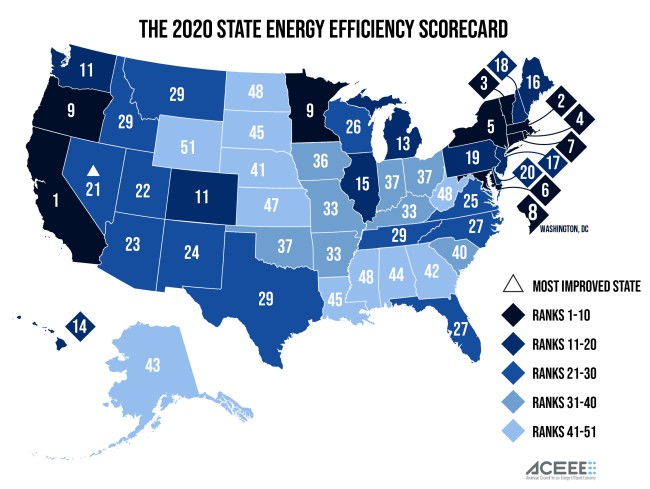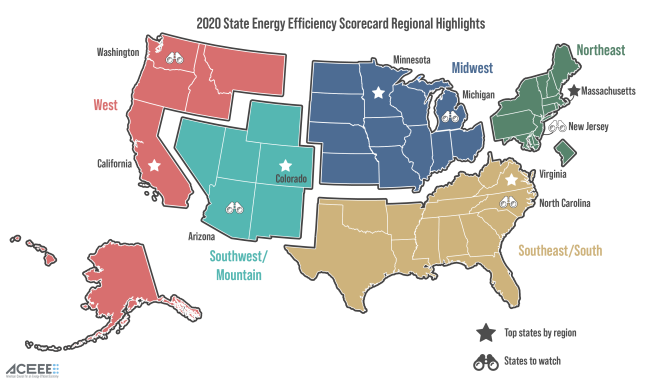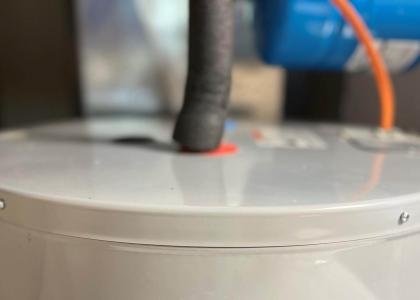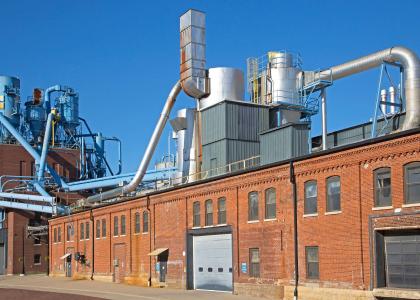The 14th edition of the ACEEE State Energy Efficiency Scorecard provides a progress report on state energy efficiency policies and programs that save energy while producing environmental and economic benefits. We use data vetted by state energy officials to rank states in five categories—utility programs, transportation, building energy codes, state initiatives, and appliance standards. Top finishers in this year’s Scorecard include California, Massachusetts, Vermont, Rhode Island, and New York. The most-improved state in 2020 was Nevada; other significantly improved states included New Mexico, Colorado, New Hampshire, and Virginia, as well as the District of Columbia. In addition to California and Massachusetts, regional leaders include Virginia, Minnesota, and Colorado. Others highlighted as states to watch include New Jersey, North Carolina, Michigan, Arizona, and Washington State. The State Scorecard shows that energy efficiency is a key resource in these states and others, with utilities spending approximately $8.4 billion nationwide in 2019 on efficiency programs and saving 26.9 million MWh of electricity.
Download the Research Report
Or click here to view report splash page and state fact sheets
| Suggested Citation |
| Berg, W., S. Vaidyanathan, B. Jennings, E. Cooper, C. Perry, M. DiMascio, and J. Singletary. 2020. The 2020 State Energy Efficiency Scorecard. Washington, DC: ACEEE. aceee.org/research-report/u2011. |
The 2020 State Energy Efficiency Scorecard analyzes the energy efficiency efforts of all 50 U.S. states and Washington, DC. It tracks their policies and programs to reduce energy use, such as adopting or advancing energy-saving targets, vehicle rules, or appliance standards. It is the most comprehensive national measuring stick for energy efficiency—reviewing states on 32 metrics—and provides a roadmap for future improvements.
This year’s Scorecard finds that states, many of which have set ambitious climate goals since 2018, had to abruptly shift their focus to mitigate the health and economic impacts of the deadly global pandemic. But some states were still able to make progress.
No state earned all 50 possible points, showing that each has considerable room for improvement. For the first time, the report highlights top scorers regionally, and identifies a “state to watch” in each region.
Download the Research Report View Press Release
Highlights of each state’s progress are included in the fact sheets linked below, drawn from the report. To find extended details on each state’s energy efficiency efforts, visit our state and local policy database.
View the 2020 State Scorecard Fact Sheets:
Alabama Alaska Arizona Arkansas California Colorado Connecticut Delaware District of Columbia Florida Georgia Hawaii Idaho Illinois Indiana Iowa Kansas Kentucky Louisiana Maine Maryland Massachusetts Michigan Minnesota Mississippi Missouri Montana Nebraska Nevada New Hampshire New Jersey New Mexico New York North Carolina North Dakota Ohio Oklahoma Oregon Pennsylvania Rhode Island South Carolina South Dakota Tennessee Texas Utah Vermont Virginia Washington West Virginia Wisconsin Wyoming
To find extended details on each state's energy efficiency efforts, visit our State and Local Policy Database.
Previous Scorecards
2019 | 2018 | 2017 | 2016 | 2015 | 2014 | 2013 | 2012 | 2011 | 2010 | 2009 | 2008 | 2006











